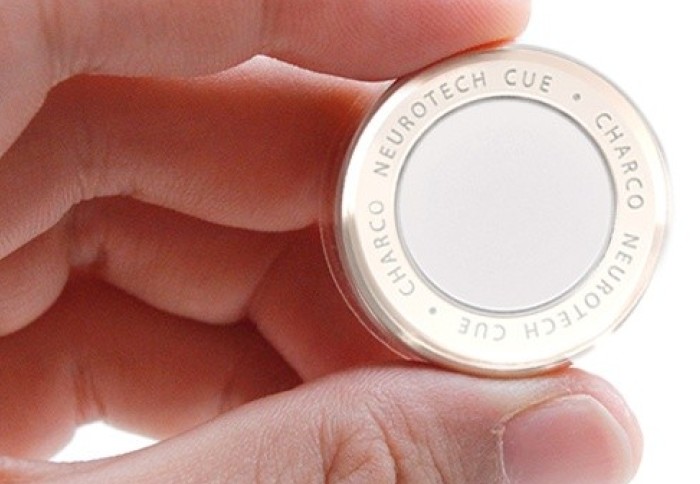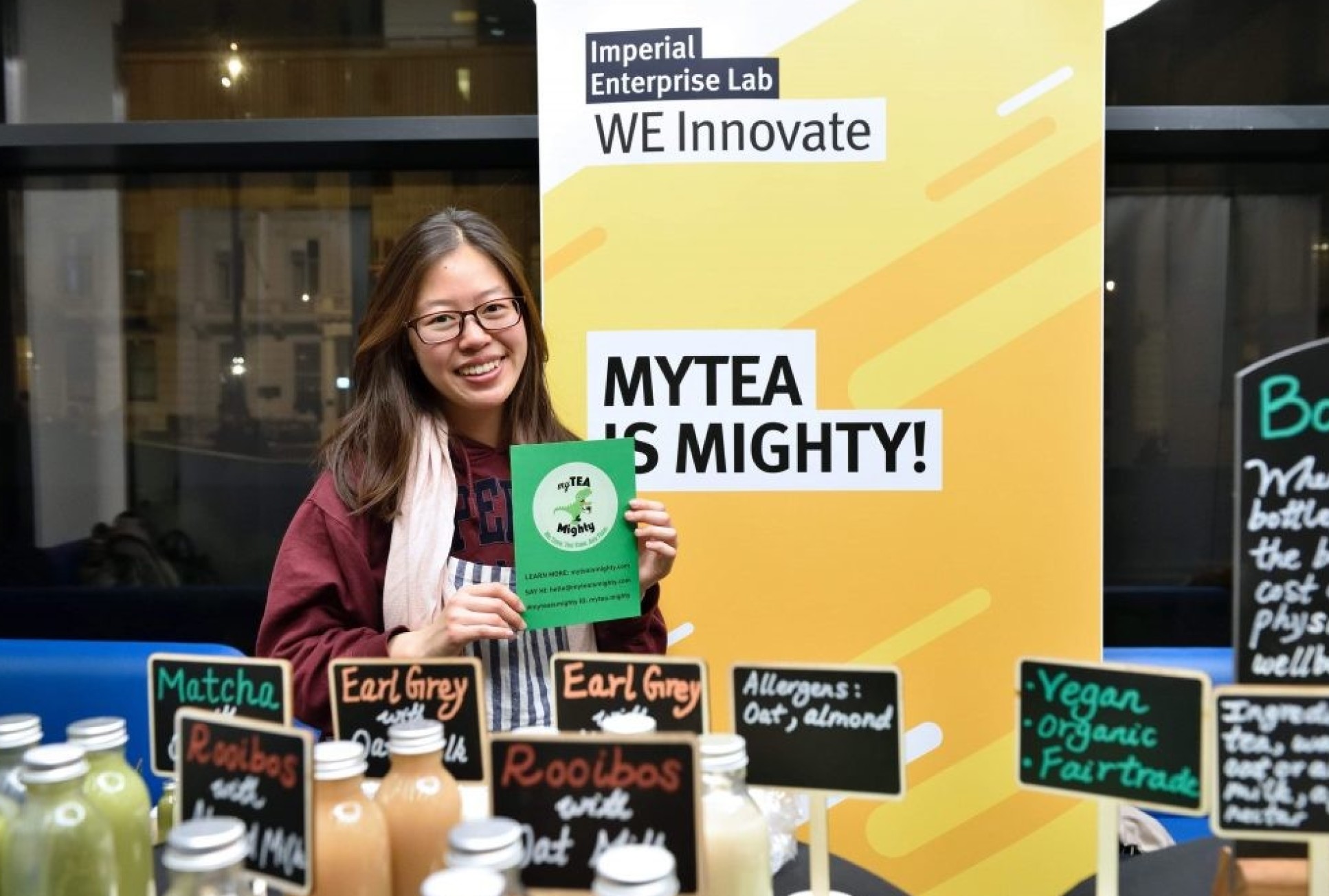Imperial and LSE showcase student startups

Charco Neurotech's wearable device for those with Parkinson's disease
Over 25 startups from two of London’s leading universities, Imperial College London and LSE, pitched their business ideas at a virtual demo day.
At the virtual demo day 25 impact-driven student startups pitched their ideas to a panel of experts and investors in the hope of securing investment or mentorship.
Businesses ranging from a device for those with Parkinson’s disease to a new type of tea latte were invited to pitch across five categories: sustainable consumer goods, green technology, food and beverage, health and wellness, and business to business to customer (B2B2C).
Challenges are the shadows of opportunity
At the event, Deputy Mayor of London for Business, Rajesh Agrawal discussed London’s role as a global hotspot for purpose-driven businesses, offering everything a growing business needs - world-class talent, a supportive ecosystem and a leading financial centre.

While the journey of an entrepreneur is never easy, he noted that “challenges are the shadows of opportunity.” He also added that now is a good opportunity develop a business in order build back better post-pandemic.
The virtual demo day is the first time LSE and Imperial have showcased student innovation together. Read on to find out more about some of the Imperial startups to pitch at the event.
Parkinson’s device, plant-based tea and detecting eye disease
Charco Neurotech, who were named winners of the competition, have developed a wearable device to help patients with Parkinson’s disease – a neurodegenerative disorder affecting 10 million people around the world. The device uses a combination of two research-validated, non-invasive, vibration-based Parkinson's therapies: Focussed Stimulation and Cueing, to help reduce symptoms of slowness and stiffness and improve movement. Their app includes several fun games designed to track symptom severity over time and the data collected can be used by Parkinson's specialists to help evaluate users during check-ups.

HumaniTea is a social enterprise supporting wellbeing and sustainability initiatives through the UK’s first ready-to-drink plant-based tea lattes, brewed with tea leaves and eco-friendly oat milk. The tea excludes preservatives and emulsifiers, contain low sugar and calories, and the team say that they provide a boost of antioxidants and natural energy.
VUI Diagnostics aim to help doctors detect eye disease earlier. Using their patent-pending, portable and plug-and-play device and software they hope to improve access to community eye screening.
“New generation of ventures”
Ben Mumby-Croft, Director of Entrepreneurship, said: “We're absolutely delighted to collaborate with LSE Generate on the Impact Demo Day. Joint events like this provide a fantastic platform to showcase the entrepreneurial talent and startups coming out of Imperial and LSE as well as demonstrating the role of both institutions in creating a new generation of ventures that combine commercial value and social impact.”
Main image credit: Charco Neurotech
Article text (excluding photos or graphics) © Imperial College London.
Photos and graphics subject to third party copyright used with permission or © Imperial College London.
Reporter
Joanna Wilson
Communications Division